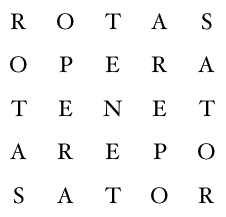Words should be scattered like seed; no matter how small the seed may be, if it once has found favorable ground, it unfolds its strength and from an insignificant thing spreads to its greatest growth. (Seneca, Epistles 38:2)
Most people are unable to follow any demonstrative argument consecutively; hence they need parables. (Galen, from an Arabic fragment of an unknown work)
Why does Jesus speak in parables? The very word itself has become inextricably linked to Jesus because of how much that rhetorical style dominates the first three Gospels. As a method of teaching, it is a bit eccentric, but the images it conveys are memorable.
It is commonplace for Bible scholars and theologians to take church tradition as their starting point and assume that the Gospel parables actually originated as stories told by the historical Jesus in more-or-less the same form we read them today. How they found their way into the Gospels — whether recorded by eyewitnesses, preserved as oral history, or produced through divine inspiration — is trivia for specialists to quibble over. However, early critical scholars like David Friedrich Strauss and the emergence of the Synoptic Problem opened a breach in the defenses of traditionalism, as it became undeniable that copying, revision, and creative invention figured heavily in the construction of the Gospels. Debating the authenticity of specific sayings and parables became a core focus of scholarly initiatives like the Jesus Seminar.
Read More »









